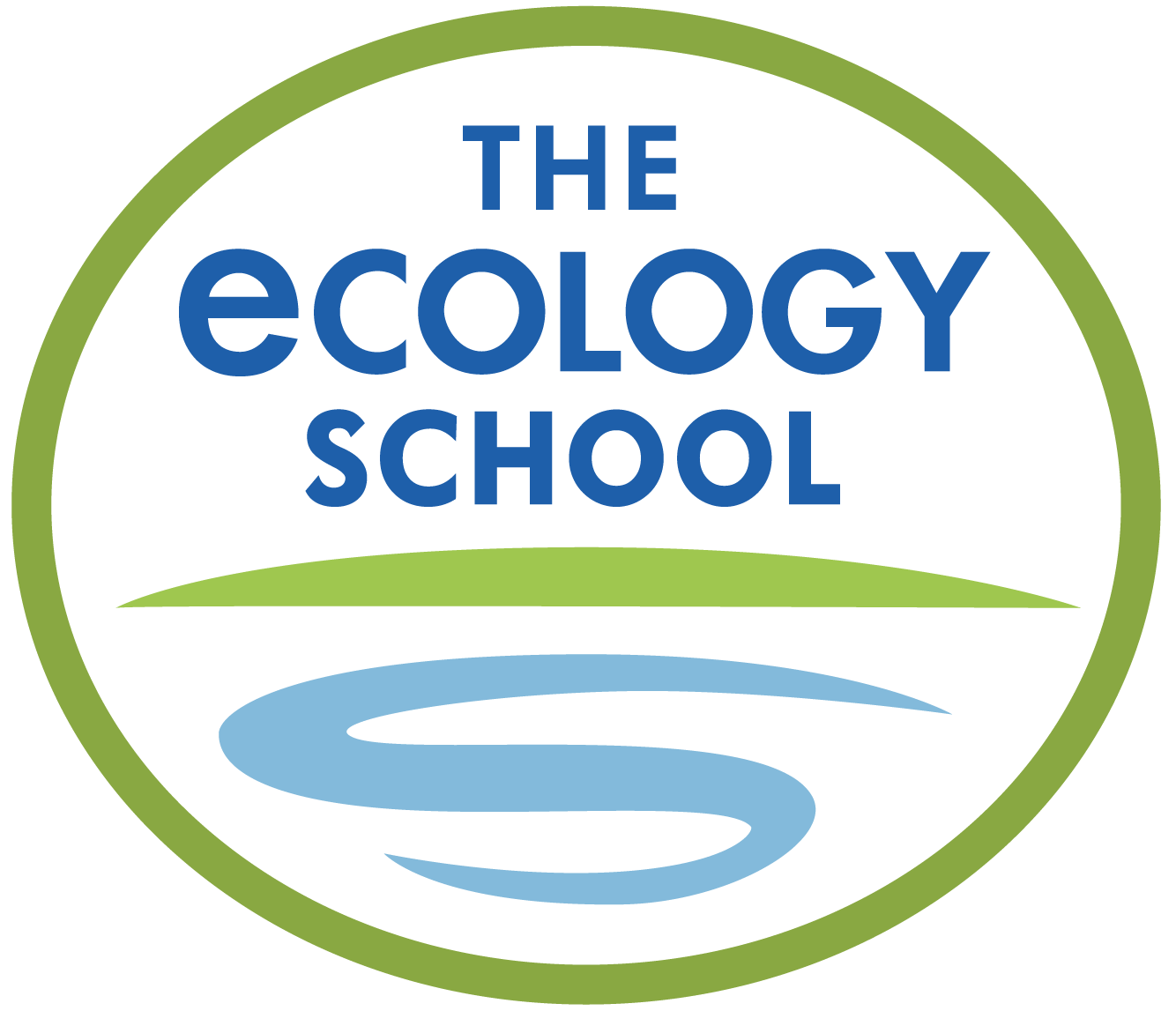Centering Equity at The Ecology School
Learning
The Ecology School is committed to the ongoing work of creating an organization that prioritizes inclusion and equity as an essential pillar of our collective progress. We recognize that we are currently an organization without any representation of Black, Indigenous, or people of color in our leadership. We know that we have work to do to become fierce allies and supporters of these communities in Maine, and around the world, while taking actionable steps within our organization to create change within the environmental education field. In order to support Black, Indigenous, and people of color, in addition to other marginalized groups, we know we must take concrete steps to help dismantle a legacy of systemic racism and its institutionalized practices that have disproportionately oppressed and marginalized communities for hundreds of years.
A central pillar of The Ecology School’s mission is to be a place of transformation for all. This must include centering the contributions of Black, Indigenous and people of color to the outdoor and environmental science fields, as well as acknowledging and addressing a multitude of barriers to entry.
Action
Outlined below are just a few of the steps we are engaged in right now. Our commitment and work is ongoing. It is our intention that you will see evidence of this work embedded into all the work we do as an organization as we progress.
Our commitment to Equity includes:
The Ecology School’s Equity, Inclusion and Diversity Task Force meets regularly to develop and implement actionable steps to realize this vision within our organization as a first step and as an ongoing practice within our organization.
Engaging with organizations that are experts in integrating equity, inclusion, and diversity practices to ensure a comprehensive and effective organizational equity audit.
Exploring the natural and cultural history of River Bend Farm, including its seizure from the Wabanaki Confederacy. The Ecology School’s Program Team is researching and exploring how to integrate this history and these stories into all aspects of our curriculum.
Examining, reevaluating, and collecting outside input on our hiring practices for both Board and staff.
Seeking out ways our programming and outreach can be more inclusive. As a starting point, this includes seeking additional funding to support scholarships, exploring ways that we can incorporate more diverse perspectives in our programs, and reaching out and marketing to groups who have not been our primary audience in the past.
We are continuing to explore how we can be allies against all forms of unlawful and unfair discrimination, regardless of gender, race, ethnic origin, disability, age, nationality, national origin, sexuality, religion or belief, marital status, and social class. As we move forward, we ask to be held accountable for missteps and inaccuracies.
We recognize that these actions are a small piece of what is needed. We know that we need to do more than reallocate resources; we need to change systematically as an organization. The Ecology School needs to be a part of that greater change, for our communities and for our country.
Land Acknowledgement
We acknowledge that the land that brings us together today, River Bend Farm, is the traditional land of the Sokokis Tribe of the Pequawket people of the Wabanaki Confederacy. Generations of ancestors have cared for this land and we acknowledge its unjust seizure. We are learning (and living) on their territory, honor their culture and are enormously grateful for their stewardship of the land.
